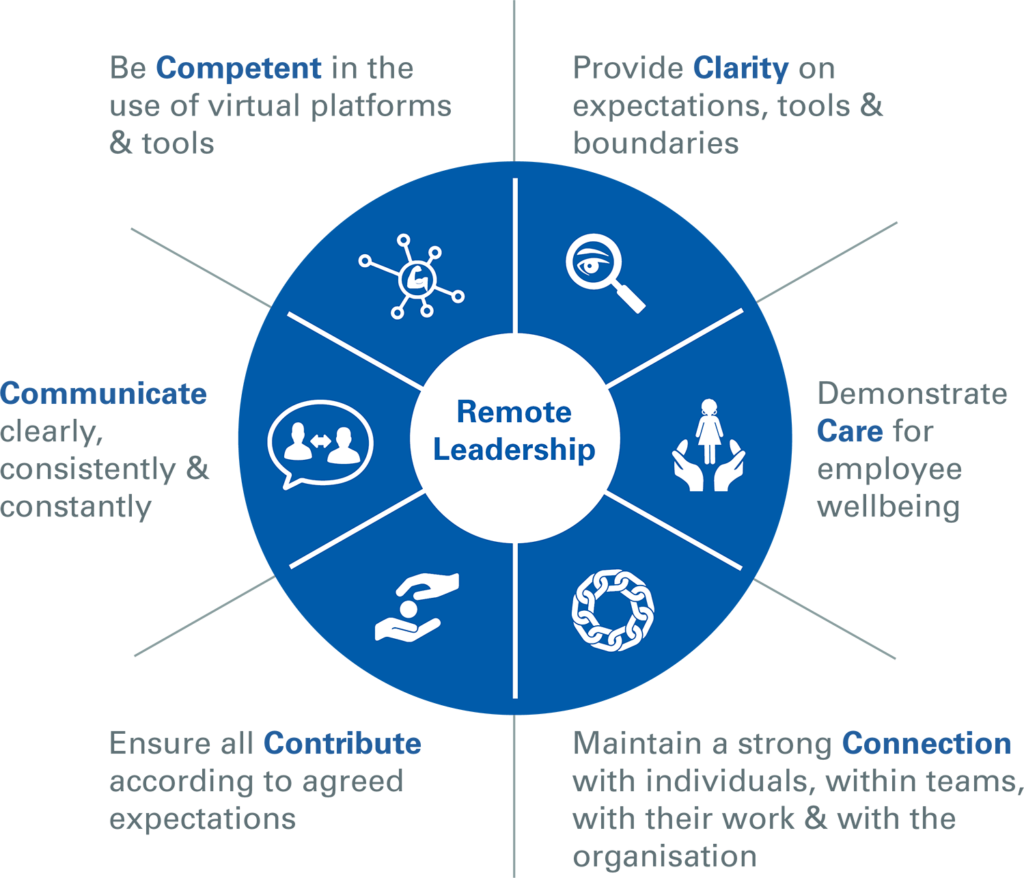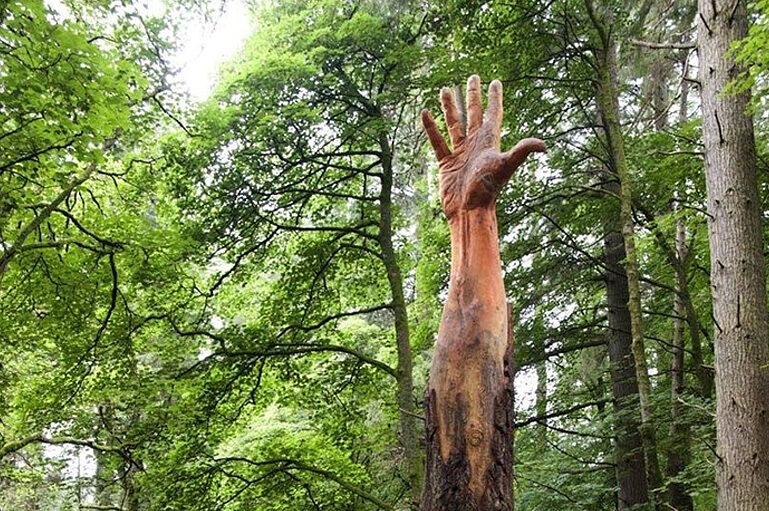In Northern Wales, a storm ravaged a woodland area called the Giants of Vyrnwy, lightning destroying the tallest tree in Wales. When he learned that the organisation, Natural Resources Wales, was looking for a sculptor to work on the damaged tree, Simon O’Rourke, a chainsaw artist, proposed a design for the work. His design, depicting a hand reaching up from the stump to the sky looking for assistance to pull the tree back up to its former glory, won the contract and he set to work – first designing and erecting scaffolding to support him safely, then carving for six days and finally treating the sculpture with Tung Oil to preserve it. He noted when it was complete: “I loved working on the hand sculpture, it reminded me just how small we are compared to some of the living organisms on this planet!”
The storms of life on our planet have affected many businesses and other organisations in the past decade or so – business is having to cope with fragile economies, global warming issues, planet pollution, pandemics, and political unrest. Some business giants, just like the tree, have been fractured, causing a rethink on how business should be done, where business focus should lie and acquiring the best employees needed to make progress.
The need for great leadership at all levels within businesses hasn’t changed, but the skills required to lead well have changed significantly. Of course, since the introduction of the personal computer, some hybrid or remote virtual work was allowed, like having team members scattered over the world or doing some work from home, but this accelerated dramatically with the onset of the COVID pandemic. In fact, there has been an increase worldwide of almost 450% new virtual posts for working remotely or in hybrid contexts (coming into the office occasionally for meetings, etc.). Business leaders and employees alike have been overwhelmed at this rate of change and many are not coping with keeping everyone connected.
The COVID pandemic has been like a tsunami, changing expectations, communication channels, work practices and points of accountability. Many employees feel isolated, and many managers feel out of control. This has resulted in accelerated anxiety. Psychologists refer to these feelings of fear, trauma, and persistent uncertainty, as an ‘emotional tsunami’. They further warn of the impact that prolonged anxiety can have on emotional wellbeing, interpersonal relationships, physical health, and work performance.
People need their leaders to support them and connect with them meaningfully, but leaders feel their hands are empty. Although many leaders realise that employee engagement and employee wellbeing are closely intertwined, they battle to engage people who are struggling emotionally, particularly in virtual contexts. While leadership principles haven’t changed, the skills needed for effective connection and communication in virtual business arenas are new.
Understanding these fresh challenges, Free To Grow has designed LeadConnect – a development journey, delivered in 90 mins bites over several months, equipping leaders with skills and tools to bring their best virtually to their teams. The benefits for leaders and their respective organisations are outlined as follows:

Meaningful remote leadership is a stretch for managers and supervisors on account of the new skills necessary to connect with employees effectively. Much thought needs to be given by leaders to maintaining employee wellbeing.
For more information, please contact me on jonathan@ftgsa.co.za










